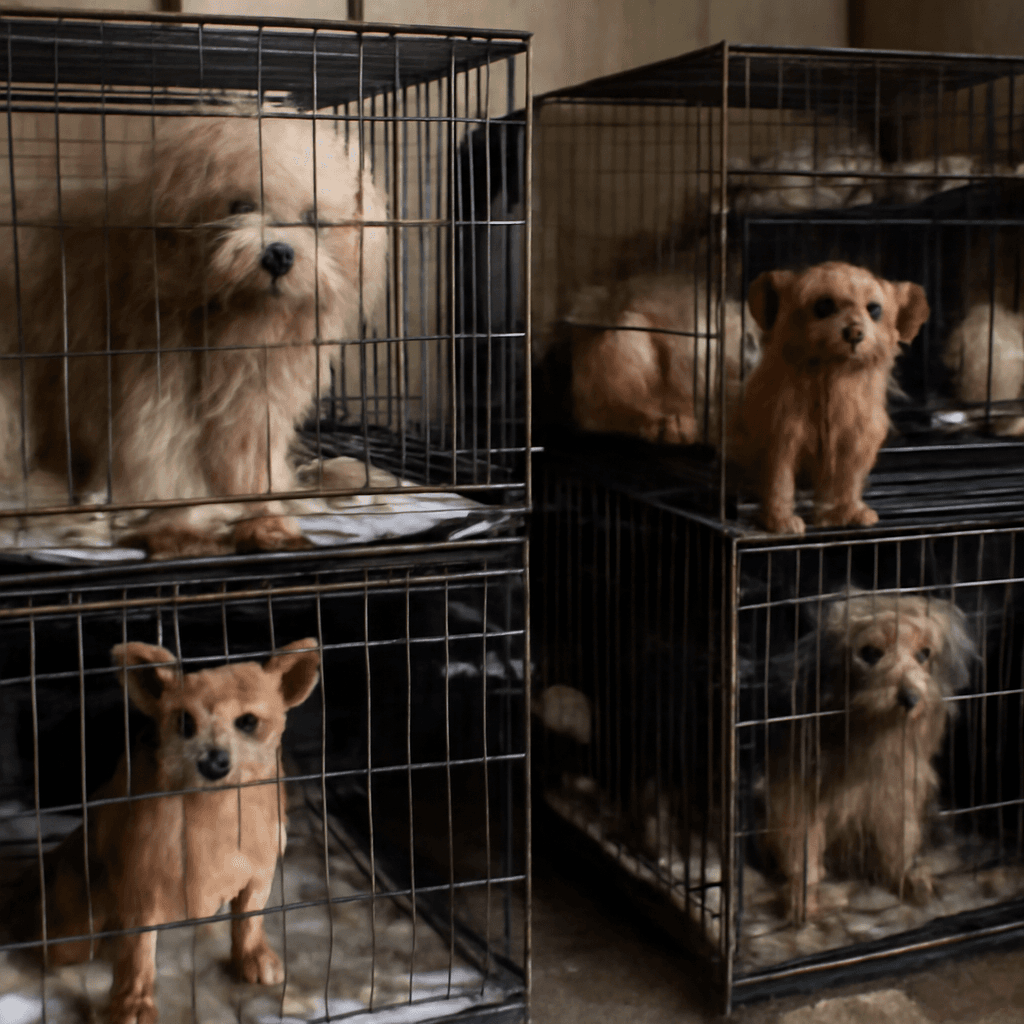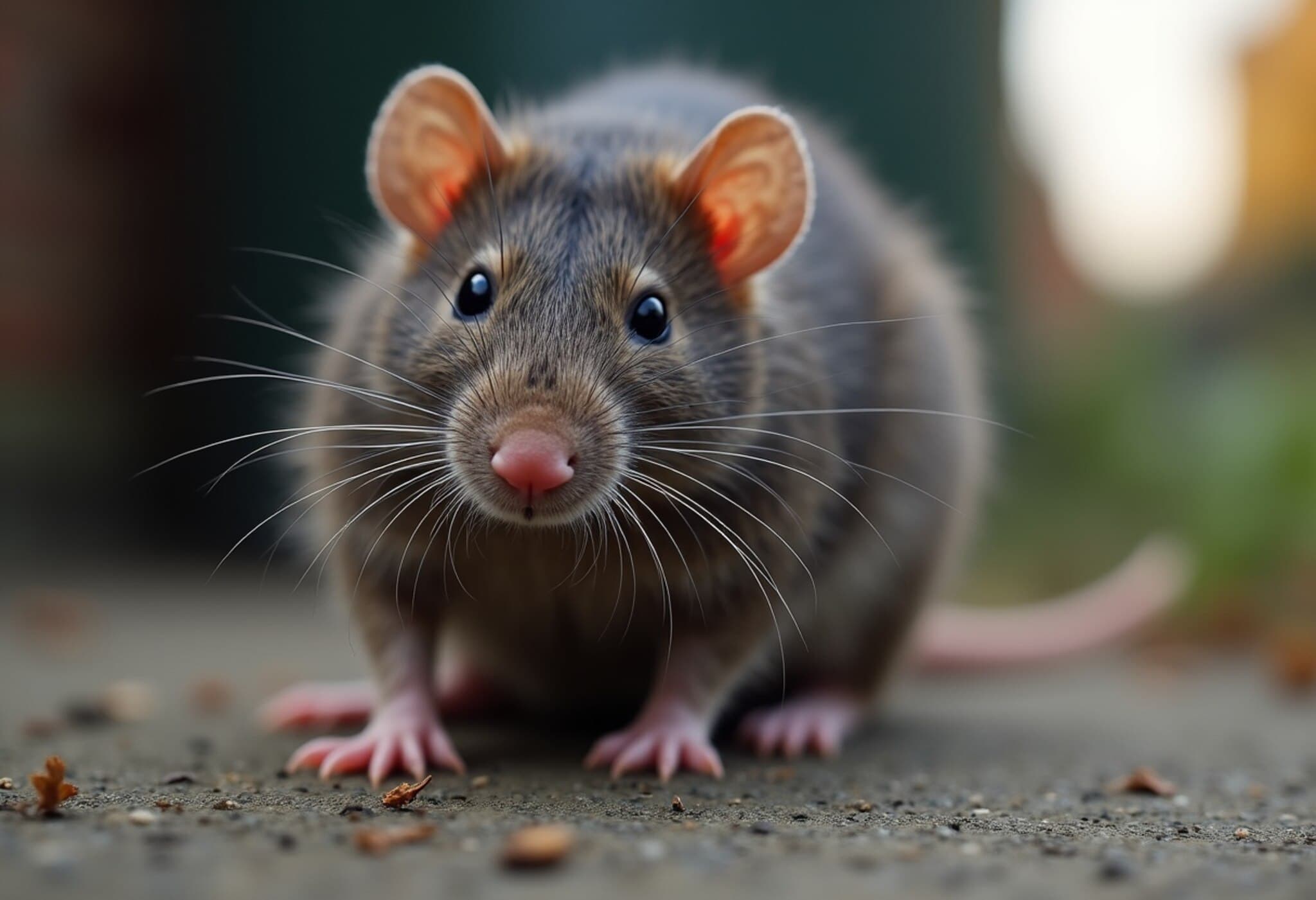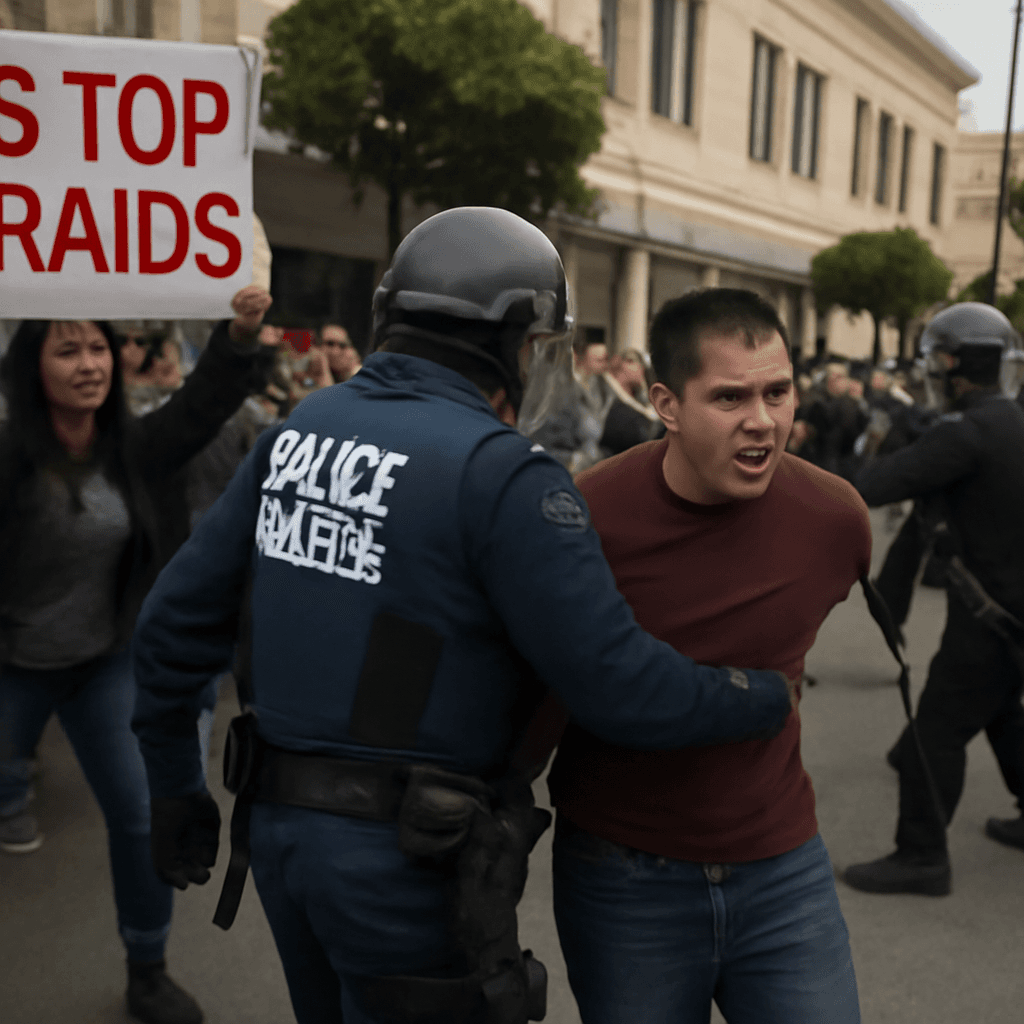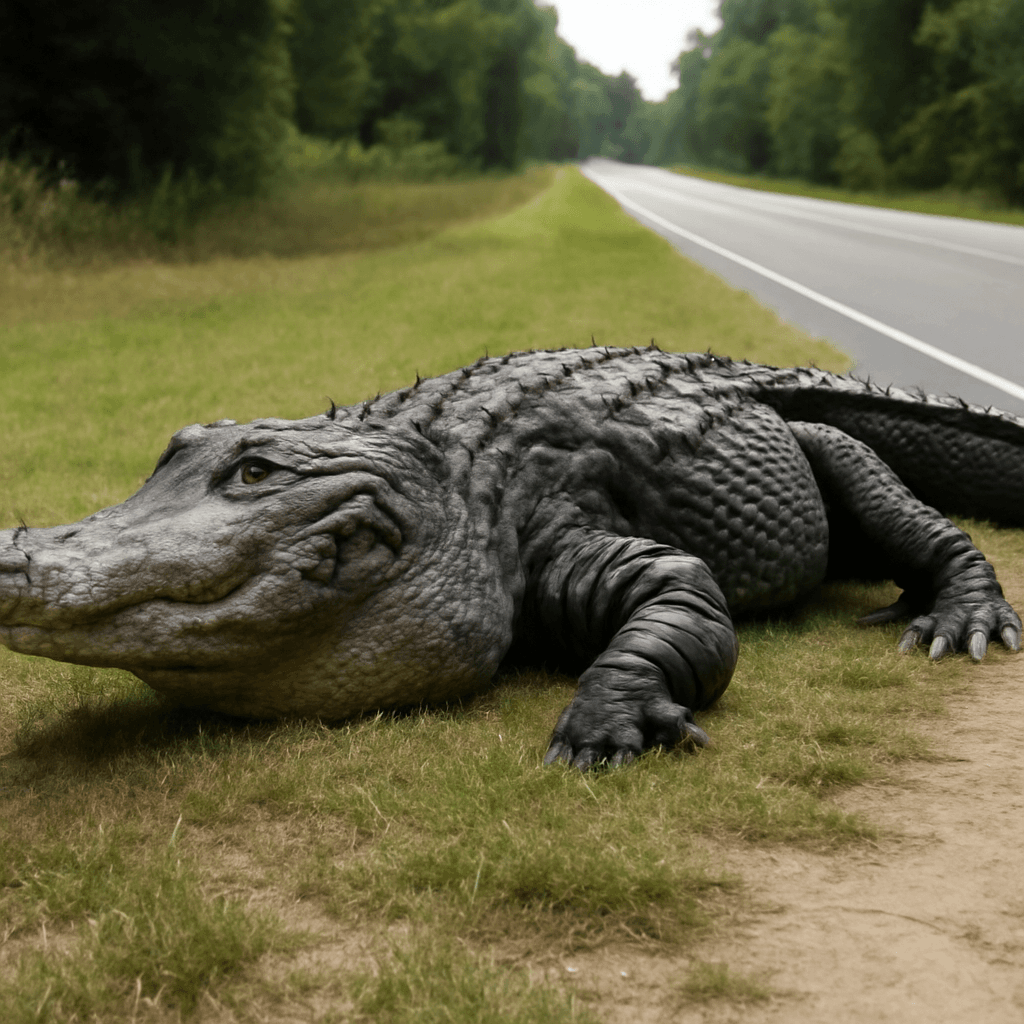Rescue Operation Uncovers Over 100 Dogs Living in Appalling Conditions
In a distressing raid conducted in Raleigh, North Carolina, animal control officers rescued more than 101 dogs from a home where they were found confined in overcrowded and filthy surroundings. The discovery, made on Wednesday following a complaint, has shed light on what appears to be a severe case of animal neglect, often associated with a puppy mill operation.
Conditions Inside the Home: Packed Cages and Filth Everywhere
The Wake County Society for the Prevention of Cruelty to Animals (SPCA) reported that the dogs were packed tightly—often five to six per cage—with cages stacked from floor to ceiling. Others were found wandering in cramped and unsanitary quarters cluttered with their own waste. Most of the rescued dogs were of small breeds, ranging from puppies to elderly dogs, many suffering from matted fur, skin conditions, and dental problems.
Aftermath: Dogs Placed in Multiple Shelters for Care
Following the rescue, the homeowner agreed to relinquish the animals, including 21 chickens found on the property. The dogs were quickly distributed across eight different shelters in the area, where medical assessments and care are ongoing to address their health issues.
Legal Action and Investigations Pending
As of now, it remains unclear whether the homeowner will face any legal charges relating to the treatment and confinement of the animals. Local law enforcement has not disclosed further details or responded to inquiries about the investigation.
SPCA’s Immediate Response and Community Impact
The SPCA highlighted the rapid response to the complaint, stating, "Within an hour of receiving this call for help, we were on the property ready to take as many pets as possible." Their prompt action was critical in rescuing the dogs from such hazardous conditions and ensuring their immediate safety.
This distressing case underscores the ongoing challenges animal welfare organizations face in combating puppy mills and underscores the need for vigilance and community reporting to protect vulnerable animals.













